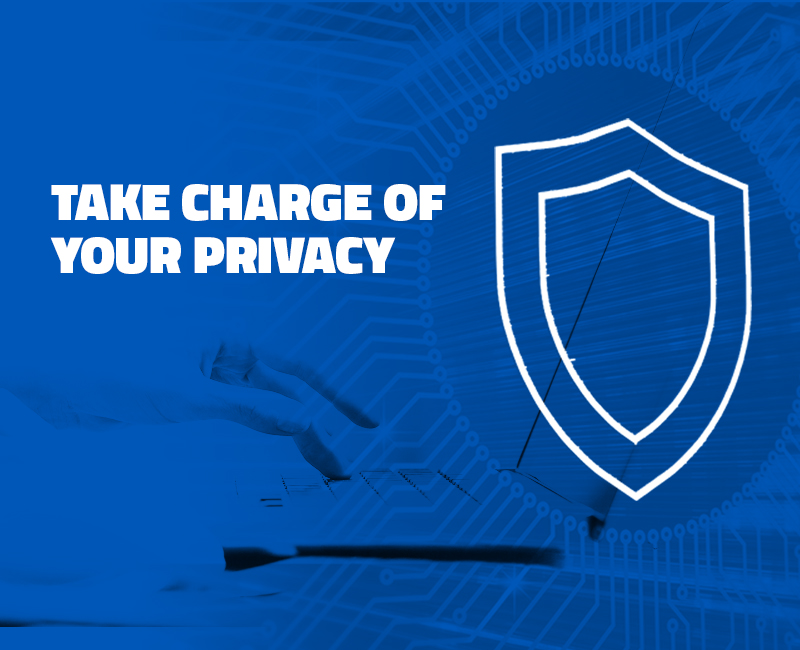Internet users in the U.S. have seen internet privacy protections diminish significantly in the post-9/11 era. In just March of this year, Congress swiftly (and quietly) did away with federal privacy regulations that prevented internet service providers from selling their customers’ browsing histories without consent.
In recent years, products intended to deliver conveniences directly to our doorsteps have begun to present tacit privacy intrusions into the modern home. Always-on smart speakers from online retailers make it easier than ever to order products, but they also enable those companies to listen to our every word. Those same companies are monitoring our behaviors across the web.
“Google knows quite a lot about all of us,” said cybersecurity expert Bruce Schneier in a recent interview with the Harvard Gazette. “No one ever lies to a search engine. I used to say that Google knows more about me than my wife does, but that doesn’t go far enough. Google knows me even better, because Google has perfect memory in a way that people don’t.”
Giant corporations aren’t the only ones intruding into our daily lives to collect our personal data for financial gain—cybercriminals are intent on doing the same. Crimes such as identity theft and extortion can be carried out with stealthy malware, such as remote access tools (RATs) used to spy on users via laptop webcams.
We asked people in downtown Denver, CO what they are doing to protect their privacy. Their answers were rather bleak:
While public awareness of this ominous trend has mounted somewhat since 2013, when revelations of America’s government surveillance surfaced via the Snowden leaks, virtually nothing has been done to reverse it. Faced with this constant barrage of privacy invasion, pulling the plugs and disconnecting entirely may seem like the only way out—but rejecting “the way things are” is a pill most people are unlikely to swallow.
Until there’s a major shift in our society’s attitudes (and public policies) toward internet privacy, the duty falls on individual users to safeguard their own private data, identities, and other sensitive information. Follow and share the tips below to take back control over your privacy.
Tips for protecting your online privacy
- Configure your web browser to delete cookies after closing. You can also take control of other advanced privacy features in your web browser to have greater control of what you’re sharing with websites you visit.
- Cover your webcam with tape, a sticker, or something else that can block the camera lens and also be easily removed when you need to use it. (Webroot SecureAnywhere® solutions protect against webcam spying and other potentially unwanted applications.)
- Don’t share sensitive information on social media. Check your privacy settings on sites like Facebook and Twitter and make sure only your trusted followers can see your complete profile. For instance, do your Facebook friends really need to know your real birthday? Deliberately sharing a fake birthday on social media can be a crafty way to enhance your privacy.
- Lock your screens. All of them. Losing a device like your laptop or smartphone could spell disaster if they were to end up in the wrong hands. Strong, uncommon PINs and passwords can lock down your devices from would-be thieves.
- Use fake answers for password security questions. Honest answers to security questions can often be found with just a little online digging. Why can’t your mother’s maiden name be “7O7F1@!3kgBj”? This brings us to our next tip…
- Use a password manager app to generate and store strong, unique passwords for all of your accounts. (A password manager can also safely store those fake security answers mentioned above.)
- Use security software to monitor and protect your digital devices from threats like malware, spyware, and phishing attacks, which can steal your private data.
For more videos related to cybersecurity and staying safe online, subscribe to our YouTube channel.






